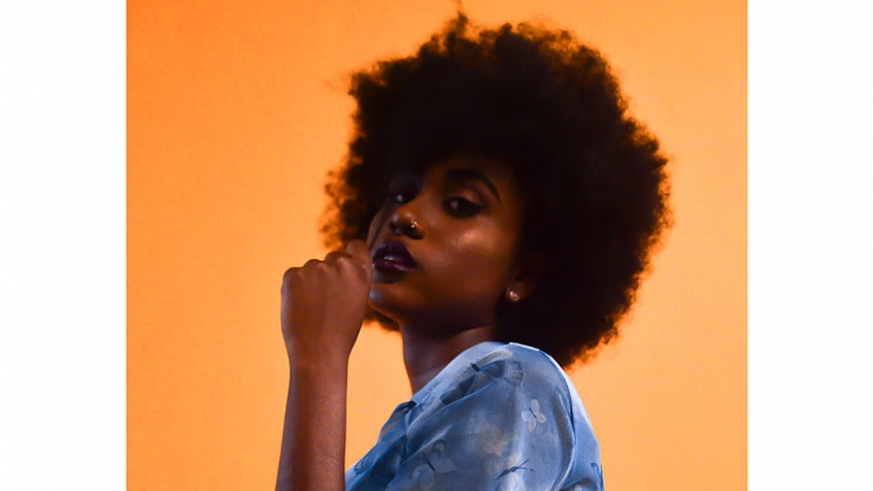
This article is a response to an article published in The New Times, April 25, 2019. It seeks to make clarifications to some of the issues made in the previous piece.
As Rwandan feminists, we appreciate the momentum of increased awareness, consciousness and openness by Rwandan society to discuss feminism. We see the previous article as an attempt to define and make clarifications on feminism, radical feminism and gender equality which are usually used interchangeably.
As Rwandan feminists – including radical feminists – we find it crucial to make a few clarifications on some misconceptions contained in that article.
Feminism and gender equality: It is a common misconception to separate feminism from gender equality. Feminism seeks an equal and just world. It seeks to dismantle oppressive systems of power based on patriarchal ideas about the role of men and women. But it is not just a term, it is a movement, a philosophical ideology, an approach and an end in itself.
The term “gender equality” was born out of feminism and adopted by developmentalists as a “watered down” term, more acceptable, to use in development work. Gender equality has become more famous and commonly used even in women’s rights movements, often as a way to leave out some feminist issues that they either don’t accept on the basis of moral ideas of what is right and wrong, or don’t understand – for example the right to abortion or access to contraceptives. With feminism, all issues regarding equality and justice are equally important; there are no “ifs” or “buts”. Gender (in-) equality is just one of the many issues and concerns of the broader movement of feminism.
Feminist movements and ideas have paved the way for solutions to gender inequality, such as women’s political representation and leadership, women’s economic empowerment, property rights, sexual and reproductive health and rights, and etcetera. Simply put, feminism is the mother of gender equality and feminism seeks for and remains more than just the equality of the genders. Whoever says they support gender equality and not feminism should rather say that they support some of the aspects of feminism.
Radical Feminism: Feminism being a broad movement and women being a heterogeneous group, there are many approaches taken but towards the same goal. Radical feminism is one such approach within feminism, which takes the belief that the root cause is patriarchy in which women are devalued.
Feminists see patriarchy to be at the core of most oppressive power structures. It, therefore, calls for the reordering of society by eliminating male supremacy in all contexts. This is not to say that radical feminists want to eliminate men – quite the opposite. Radical feminists want to eliminate gender, gender roles and gender stereotypes from the equation, as these are seen as oppressive patriarchal tools and because they hinder personal development, healthy relationships, mental health, and etcetera. Most importantly, radical feminists are feminists.
Their radicalness isn’t negative. Often, radical feminists are discriminated against or attacked for being “too much” or “too harsh” or “men haters”; as explained above, that is far from the truth. These attacks are linked to patriarchal views on what women should be: women should be nice, women should be calm, women should be polite. Attacking radical feminists for pointing out the obvious – that society is structured in a way that oppresses women on the basis of them not being men – is to tell women to “ask nicely”. It is okay to be angry and it makes even more sense for women to be angry at a system that oppresses them. Radical feminists expose patriarchal norms and our radical sisters are an important part of the struggle for a feminist world.
Feminism and male engagement: As explained above, feminism is not set out to discriminate against or spread hatred of men, neither does it seek to replace male supremacy with female supremacy, as many believe. It is very crucial that the purpose and goal of feminism remains clear, with the goal being equality and justice, and the liberation of women, who have historically been marginalised in most societies. Feminists find it crucial to support and seek engagement of all allies of the movement, including male allies. Like Annet Mukiga put it in the previous article, “men engage is just a strategy and not an end in itself”. Therefore, it remains crucial that alongside the allies, women own and lead the movement.
Feminism as a “western” concept: While we are at it, it is also important to correct the misconception that feminism is an elitist and western concept. Whereas some of the more organised feminist movements started and became famous in the west, feminism is and has always been embedded in every society and culture even though it may not have been termed as “feminism”, but the principles and practices were for the same purposes. In every culture there has always been people—women—that have refused and denounced patriarchal social norms and fought for liberation of women socially, culturally, politically and economically.
Many examples exist in the Rwandan society as well. The story of Ndabaga is a famous one but it is just one of the many examples of how a girl had to navigate patriarchal practices to show that her “sex” had nothing to do with her skills. Note that this was way before contact with western cultures through colonialism.
In conclusion, Rwandan feminists continue the journey of awareness raising in the Rwandan society. We want to make it clear that feminist principles of equality and justice are already part and parcel of the Rwandan development process and that feminism has the potential to sustainably transform practices, values and norms. This transformation is needed to ensure that every person, irrespective of their gender, is treated fairly, has equal opportunities, can achieve their full potential, and live a fulfilling life free of discrimination, injustice and violence.

